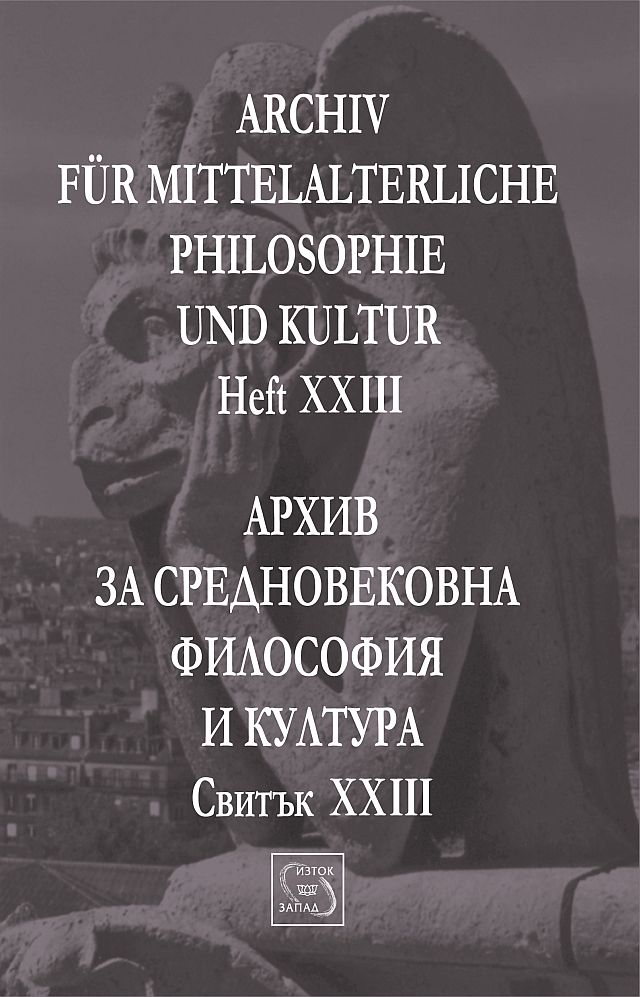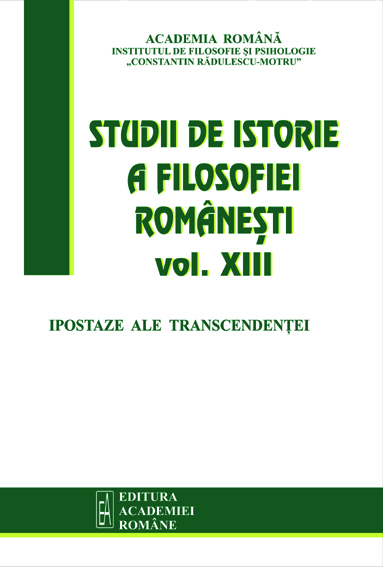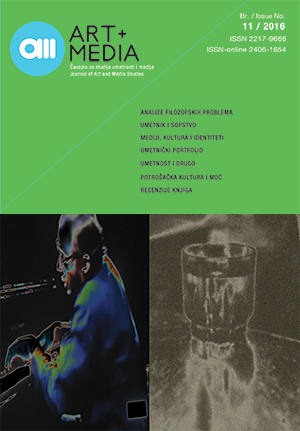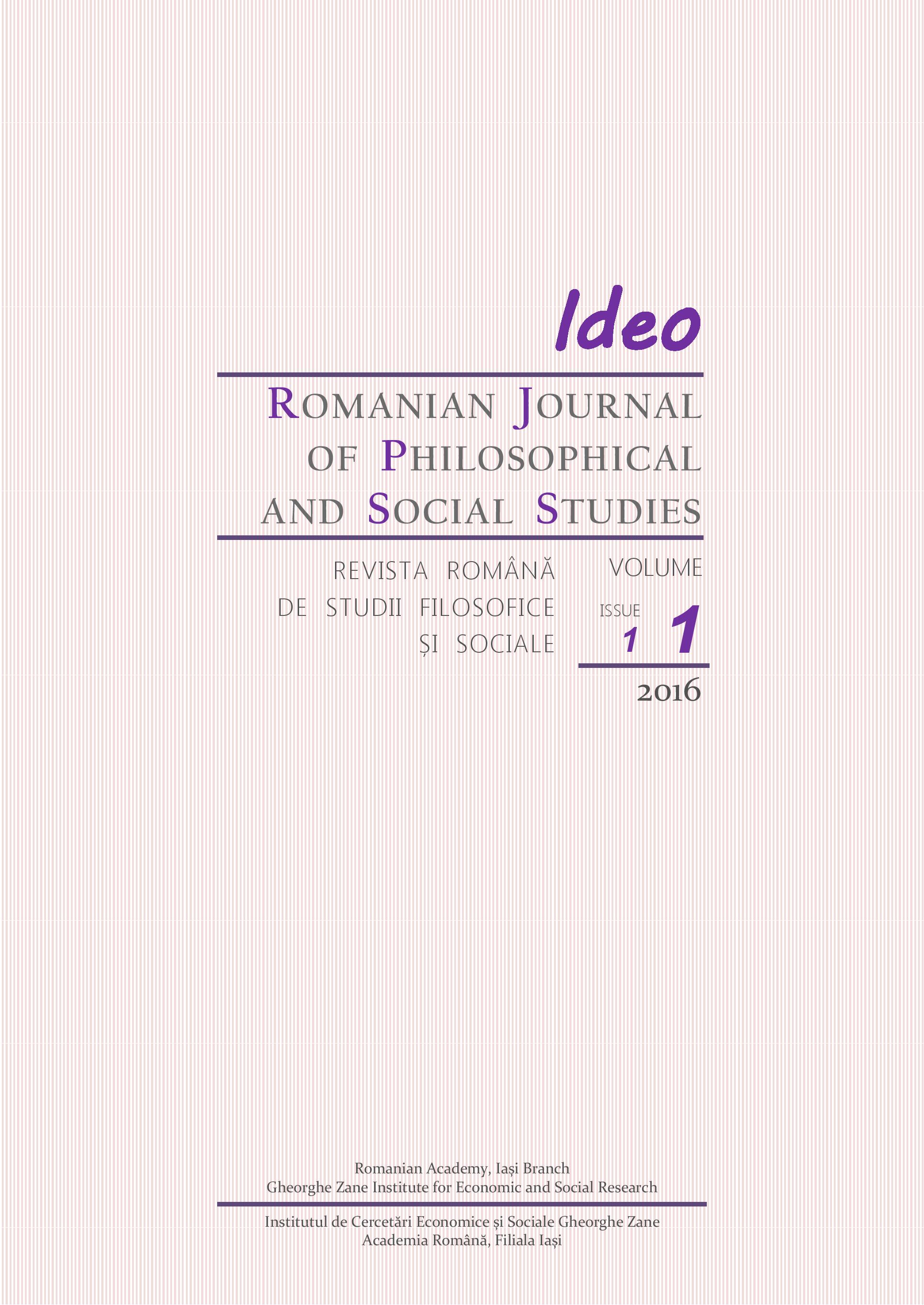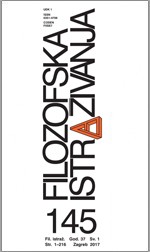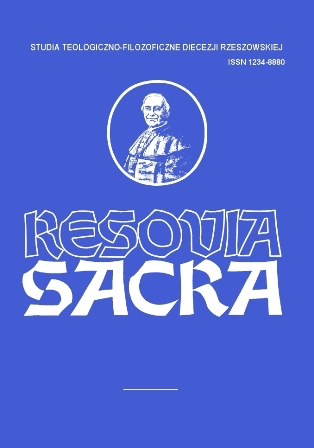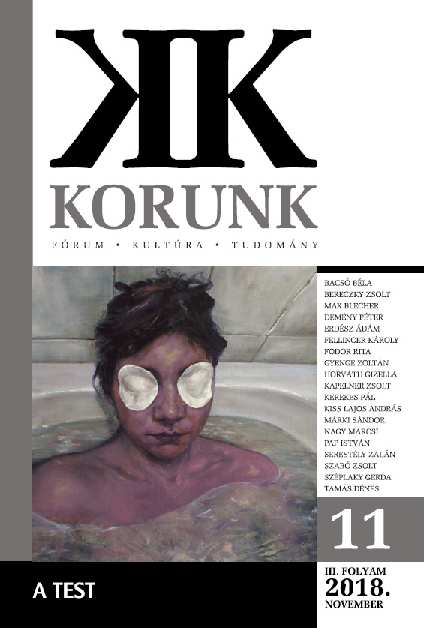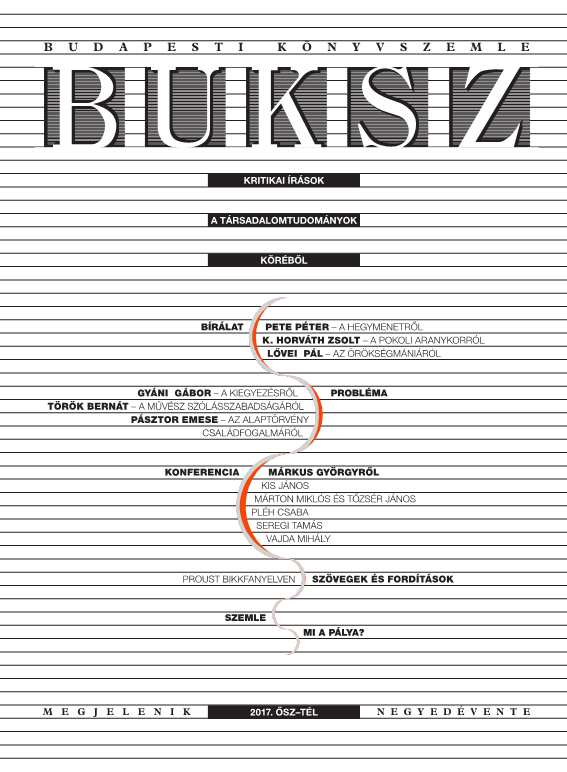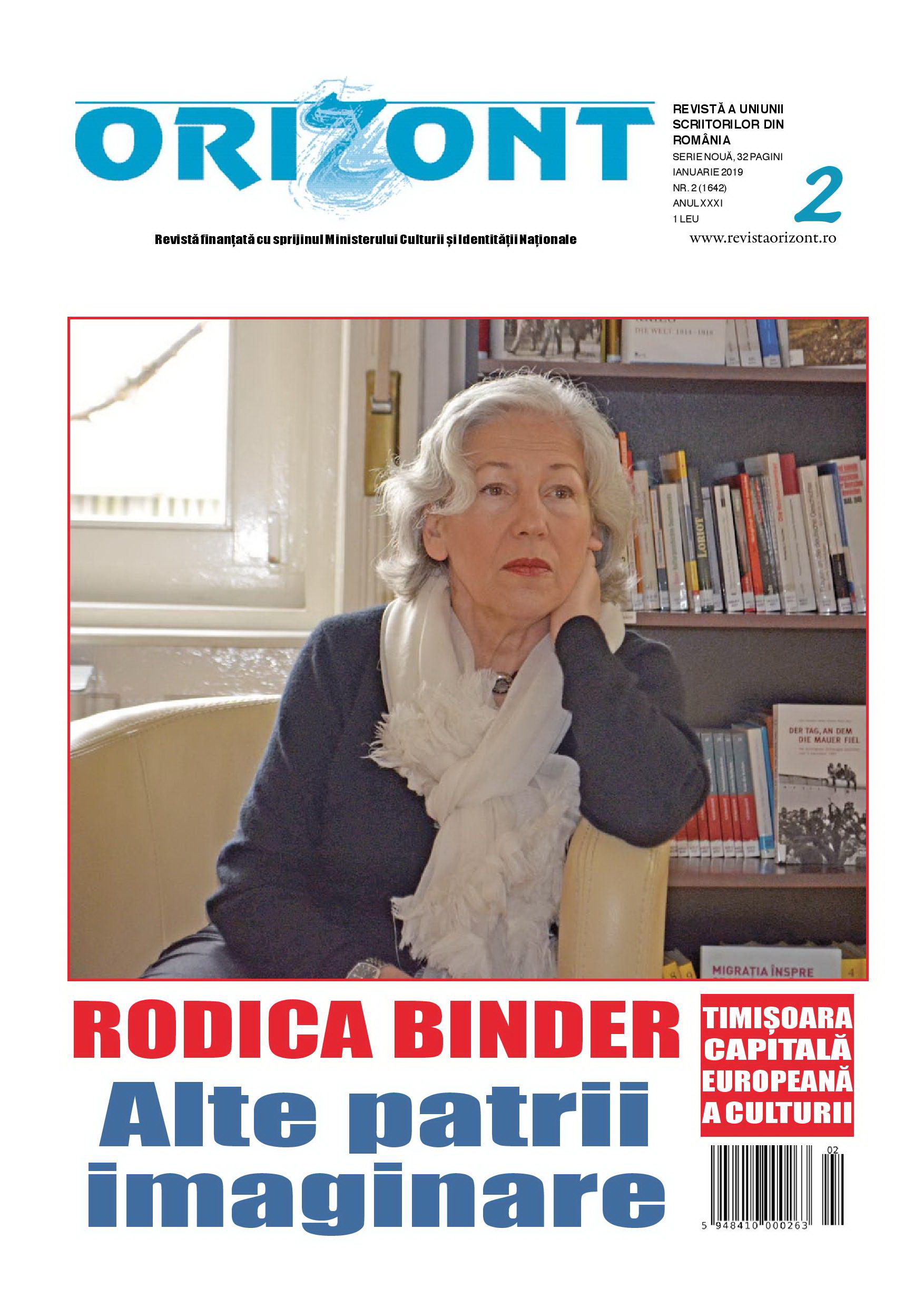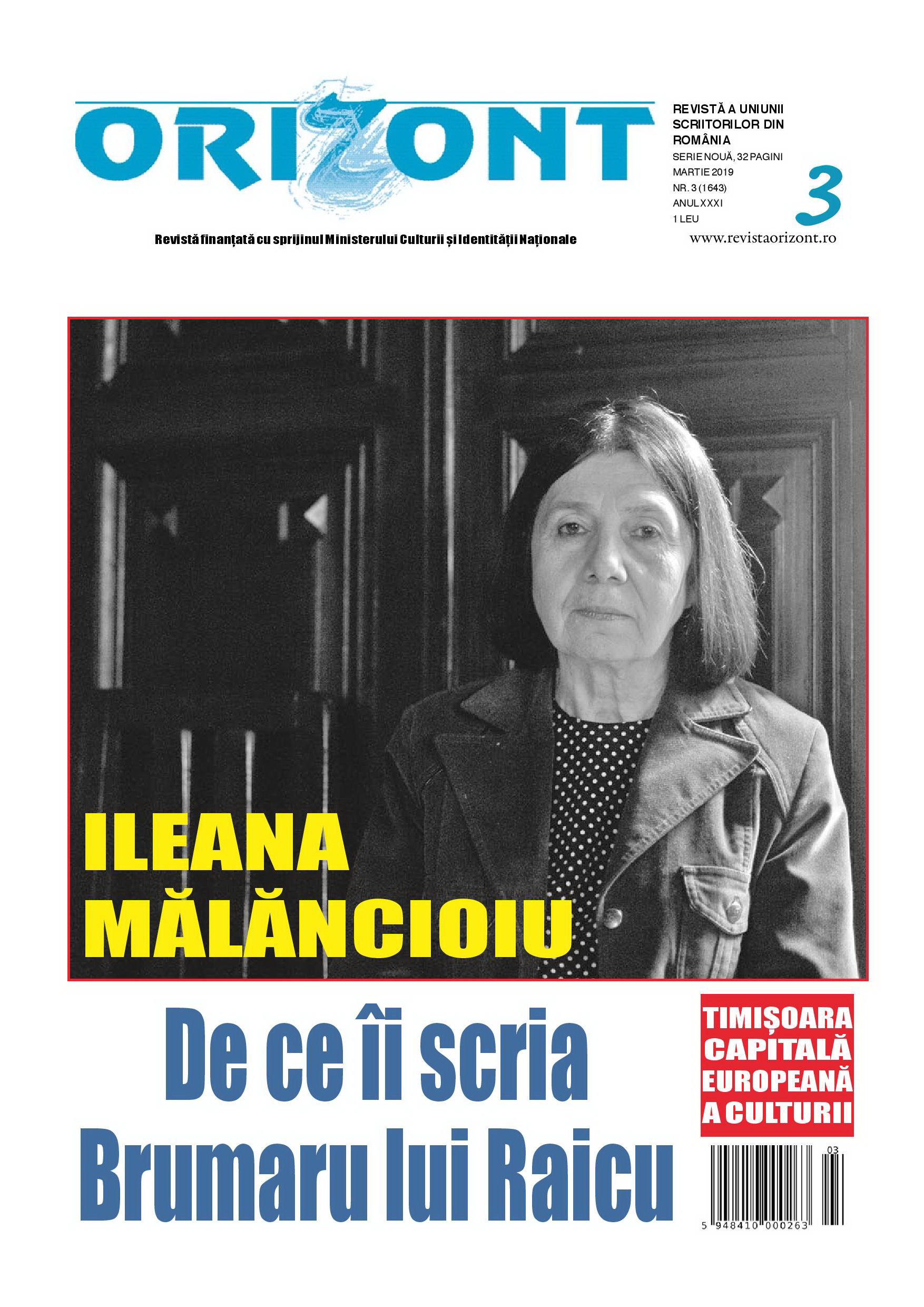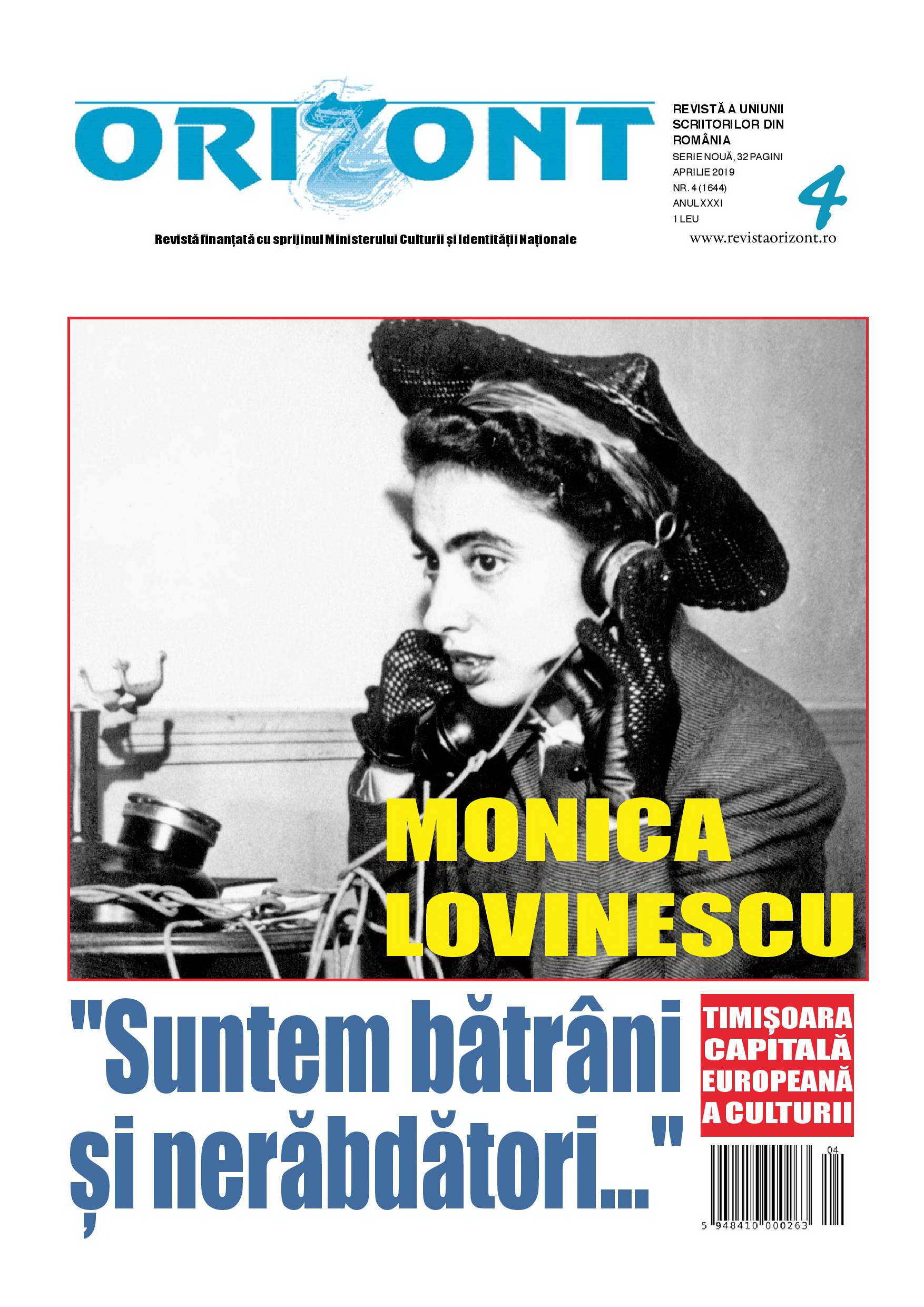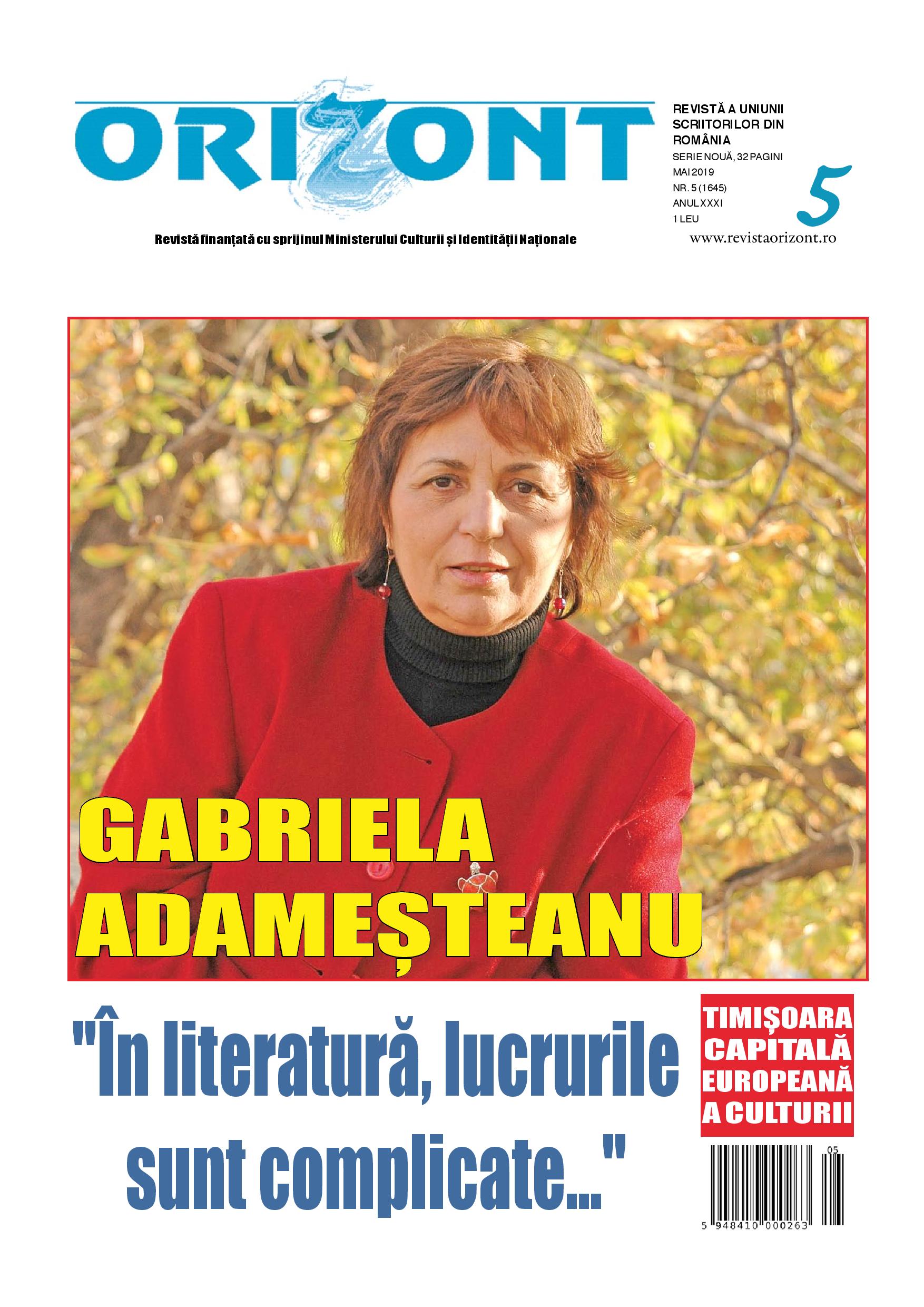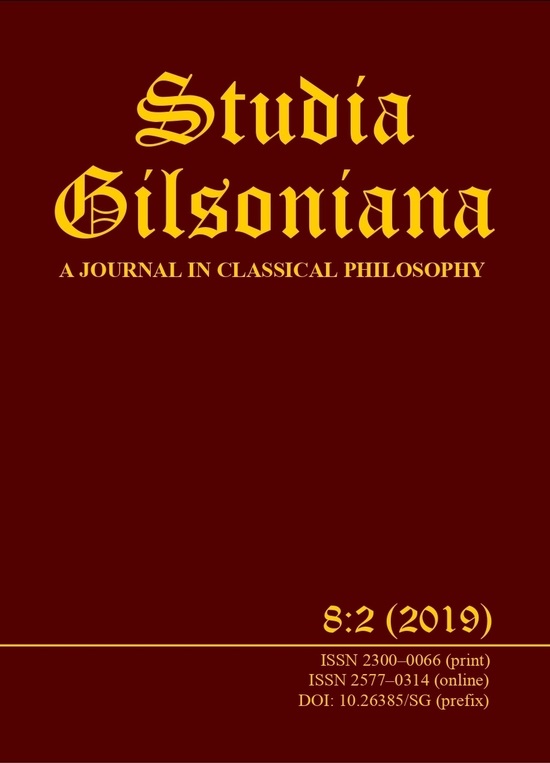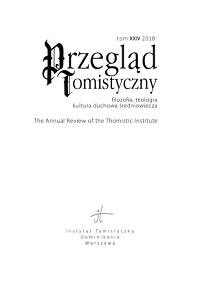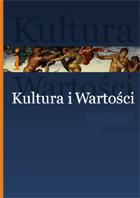
Wojny zewnętrzne Septymiusza Sewera w ocenie Kasjusza Diona i Herodiana
W okresie rządów cesarza L. Septymiusza Sewera państwo rzymskie zaangażowane było w liczne konflikty z sąsiednimi ludami. Kilka z tych wojen znanych nam jest ze źródeł literackich – głównie z Historii rzymskiej autorstwa Kasjusza Diona oraz Historii Cesarstwa rzymskiego autorstwa Herodiana. Pierwszy żył w okresie rządów Septymiusza Sewera i wydarzenia tych czasów opisał jako ich naoczny świadek. Jako członek rady cesarza (Consilium principis) miał możliwość zapoznać się z mechanizmem podejmowania decyzji przez cesarza. Drugi żył nieco później i wszystkie wydarzenia opisał z dostępnych mu źródeł. Obaj autorzy opisali bliskie ich czasom wydarzenia i obaj wyrazili swoje opinie i osądy na temat wojen zewnętrznych toczonych przez Septymiusza Sewera. Celem artykułu jest zaprezentowanie ich poglądów oraz określenie źródeł wyrażanych przez nich opinii. Pozwoli to także określić, czy autorzy ci byli w stanie opisywane przez siebie wydarzenia przedstawić w sposób obiektywny.
More...
